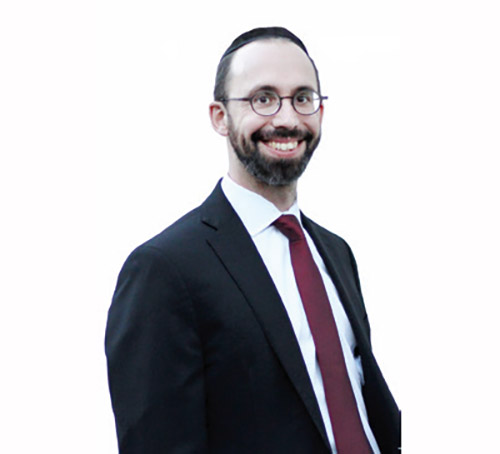
Children from the youngest of ages are taught the ever-important words “Torah tziva lanu Moshe morasha kehillas Yaakov, The Torah that Moshe commanded us is the inheritance of the Congregation of Jacob” (Devarim 33:4). This expresses a fundamental tenet of Judaism about our belief in the Torah. It is an “inheritance.” It is our legacy for life.
However, observes the Sefas Emes, when turning to the Mishnah in Pirkei Avos we soon encounter a dilemma. “Prepare yourself for the study of Torah, for it is not an inheritance for you” (Pirkei Avos 2:12). What does the Mishnah mean that Torah is not an inheritance? Doesn’t the Torah itself say that it is an inheritance?
In order to understand this, let us first draw a distinction between an inheritance and a gift. The former comes about without the recipient doing anything concrete. Merely being the descendent of an individual entitles one to inherit the property. No halachic acquisition is in fact required to substantiate one’s claim to the possessions either. It automatically falls into one’s estate. A gift, on the other hand, is the product of a decision made by the giver.
Considering this, as we find ourselves about to receive the Torah, what exactly is occurring? Are we receiving the Torah as an inheritance or not? Must we do something to prove ourselves worthy to obtain it or are we automatically entitled?
The Gemara (Rosh Hashanah 16a) states that we are judged on Shavuos with respect to peiros ha’ilan, the fruits of the tree. Why is the judgment focused on the fruits of the tree as opposed to the trees themselves?
The Sefas Emes explains that Shavuos is exactly that. The judgment is not on the tree itself, but on what it produces. In other words, the Torah—“The Tree of Life”—is absolute. Once we accepted the Torah at Har Sinai, we became its heirs…forever. The Torah is our source of life to keep and no one can take that away from us. It is our inheritance.
However, what emerges from the Torah is not an automatic inheritance. The insights and advancements we accomplish in Torah is renewed every year. On Shavuos Hashem judges what type of Torah will be produced this year, based on our efforts. How many more sefarim will be written, what new ideas will be presented, how much new depth and breadth will be uncovered? It is in reference to this that the above Mishnah in Pirkei Avos cautions us, “Prepare yourself for the study of Torah, for it is not an inheritance for you.” Depth of understanding is not something we inherit from our predecessors. It is earned.
Therefore, what occurs on Shavuos is two-fold. On the one hand, we automatically receive the Torah as heirs to our Jewish heritage. However, the new discoveries and pathways of the Torah’s wisdom and insights uncovered and explained this year is up to us. The “produce” of the “Tree of Life” is judged on Shavuos. We determine the results of that very important decision. How enthusiastic and ready we are to embrace the vast beauty of Torah and probe into its veritable gold mine—that is our choice.
By Rabbi Baruch Bodenheim
Rabbi Baruch Bodenheim is the associate rosh yeshiva of Passaic Torah Institute (PTI)/Yeshiva Ner Boruch. PTI has attracted people from all over northern New Jersey, including Teaneck, Bergenfield, Paramus, Rockaway and Fair Lawn. He initiated and continues to lead a multi-level Gemara learning program. Recently he has spread out beyond PTI to begin a weekly beis midrash program with in-depth chavrusa learning in Livingston and Springfield. This year he joined Heichal Hatorah in Teaneck as a Gemara iyun rebbe. His email is [email protected].










